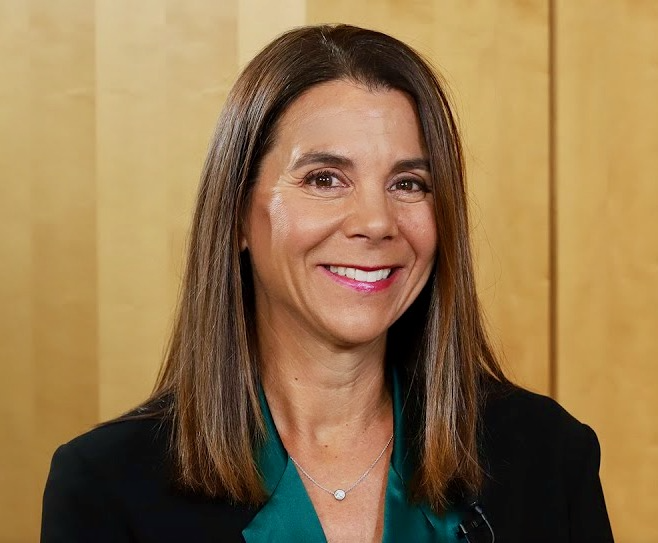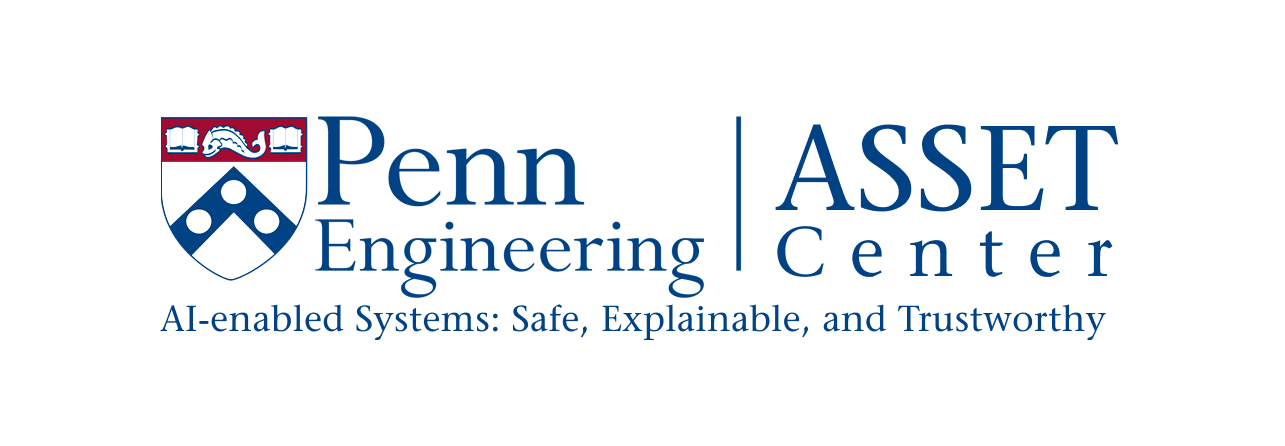Penn ASSET/IBI Symposium on Trustworthy AI for Health Care
- Singh Center for Nanotechnology, Glandt Forum
- 3205 Walnut Street, University of Pennsylvania
- October 6, 2023
Artificial intelligence and machine learning promise to revolutionize nearly every field, sifting through massive amounts of data to find insights that humans would miss, making faster and more accurate decisions and predictions as a result. Applying those insights to healthcare could yield life-saving benefits. Given the stakes, however, understanding exactly how these technologies arrive at their conclusions and having assurance guarantees, is critical for adoption in the practice of medicine. The goal of this symposium is to bring together researchers in artificial intelligence, biomedical informatics, machine learning, and clinical practitioners to develop trustworthy AI technology for health care applications. This day-long symposium is co-organized by ASSET, a new Penn Engineering center on Trustworthy AI and IBI, Institute for Biomedical Informatics, housed in Perelman School of Medicine (PSOM). The program will consist of a keynote by Professor Tina Hernandez-Boussard of Stanford University, talks by Penn faculty on collaborative research in trustworthy AI for health care (see list of projects here), students’ posters, and a panel.
8:00 AM: Breakfast and registration
8:30 AM: Welcome by Jonathan Epstein, Executive Vice Dean and Chief Scientific Officer, Perelman School of Medicine and David Meaney, Senior Associate Dean, Penn Engineering
8:40 AM: Introduction to research at Penn in Trustworthy AI for healthcare: Rajeev Alur (Director, ASSET) and Marylyn Ritchie (Director, IBI)
9:10 AM: Keynote: “Creating and Evaluating Ethical AI for Health Decisions” Professor Tina Hernandez-Boussard, Stanford University
10:00 AM: Coffee break
10:20 AM: SEAS/PSOM Collaborative Research Presentations I; Chair: Insup Lee
10:20 AM: “Combining Domain Knowledge and Data-Driven AI for Building Healthcare Applications with Scallop” Mayur Naik
10:45 AM: “Utilizing Deep Learning to Diagnose Glaucoma from Fundus Photography in African Ancestry Individuals” Osbert Bastani, Rebecca Salowe, and Joan O’Brien
11:10 AM: “Personalized medicine for hypertensive pregnancy disorders” Jacob Seidman, Walter Witschey, and Nadav Schwartz
11:35 AM: Lightning talks on poster presentations
12:15 PM: Lunch and posters
1:45 PM: SEAS/PSOM Collaborative Research Presentations II; Chair: Qi Long
1:45 PM: “Multimodal explainable AI for prognostic stratification of glioblastoma patients” MacLean Nasrallah, Bhakti Baheti, and Sunny Rai
2:10 PM: “Optimizing clinical monitoring for delivery room resuscitation using novel interpretable AI” Elizabeth Foglia and Kieran Murphy
2:35 PM: “Calibrated machine learning methods for mobile health intervention” Ian Barnett, Edgar Dobriban, and Pratik Chaudhari
3:00 PM: “Trustworthy explainable AI to revolutionize breast cancer risk assessment with digital breast tomosynthesis” Despina Kontos, Lyle Ungar, and Alex Nguyen
3:25 PM: Coffee break
3:45 PM: Panel on “Transitioning Research into Practice”, Chair: John Holmes
Allison Dennis; Program Officer, NIH
Bill Hanson; Chief Medical Information Officer, UPHS
Jennifer Roberts; Director, Resilient Systems, ARPA-H
Srinivas Sridhara; Chief Data and Analytics Officer, UPHS
Goli Yamini; Associate Program Director, NSF
Zoom link for Panel: https://upenn.zoom.us/j/96075553356
5:00 PM: Reception
6:00 PM: Symposium concludes

Dr. Hernandez-Boussard is an Associate Dean of Research and Professor at Stanford University in Medicine (Biomedical Informatics), Biomedical Data Sciences, Surgery, and Epidemiology & Population Health (by courtesy). Her background and expertise are in the fields of biomedical informatics, health services research, and epidemiology. In her current work, Dr. Hernandez-Boussard develops and evaluates AI technology using multimodal data to accurately and efficiently monitor, measure, and predict healthcare outcomes. She has a dedicated commitment to advancing ethical AI and addressing biases and fairness concerns. Her work is used to improve patient outcomes, healthcare delivery, and guide policy.
Presentation Title: Creating and Evaluating Ethical AI for Health Decisions
At this time attendance has reached its maximum, and registration has closed. For any special requests, please contact Meg Tanjutco or Maggie Weglos.
Poster submissions have now closed.
